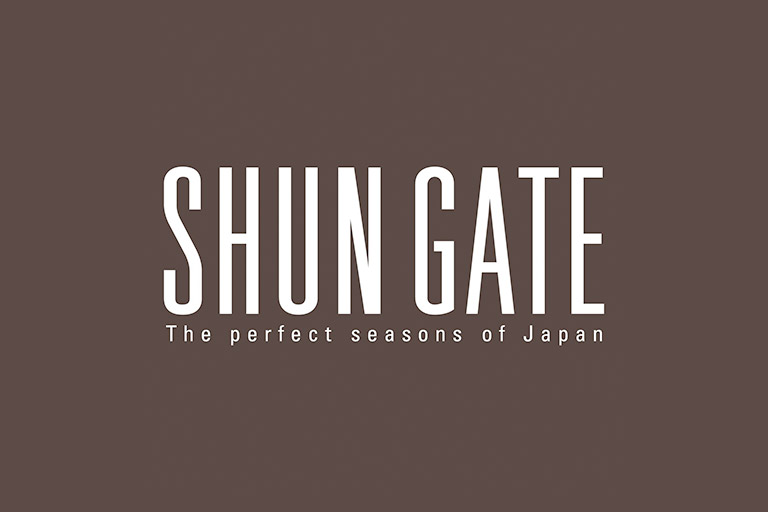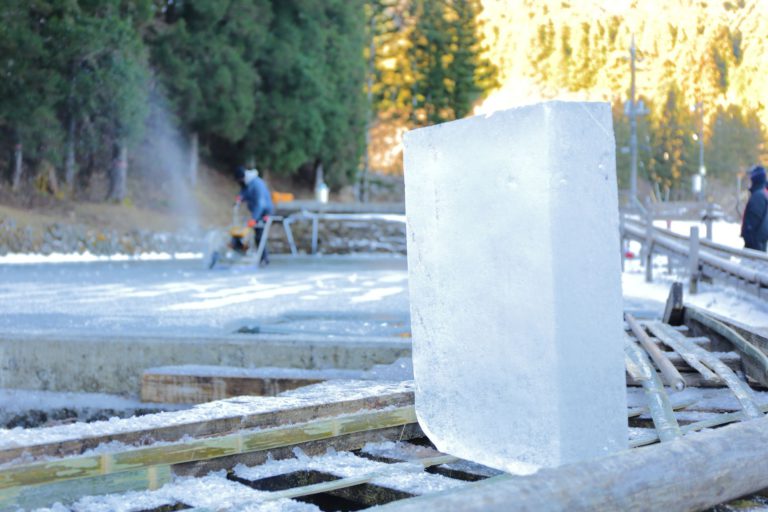Bringing Life to Zero-Waste Town. Community-Based, Recycling-Oriented Brewing.
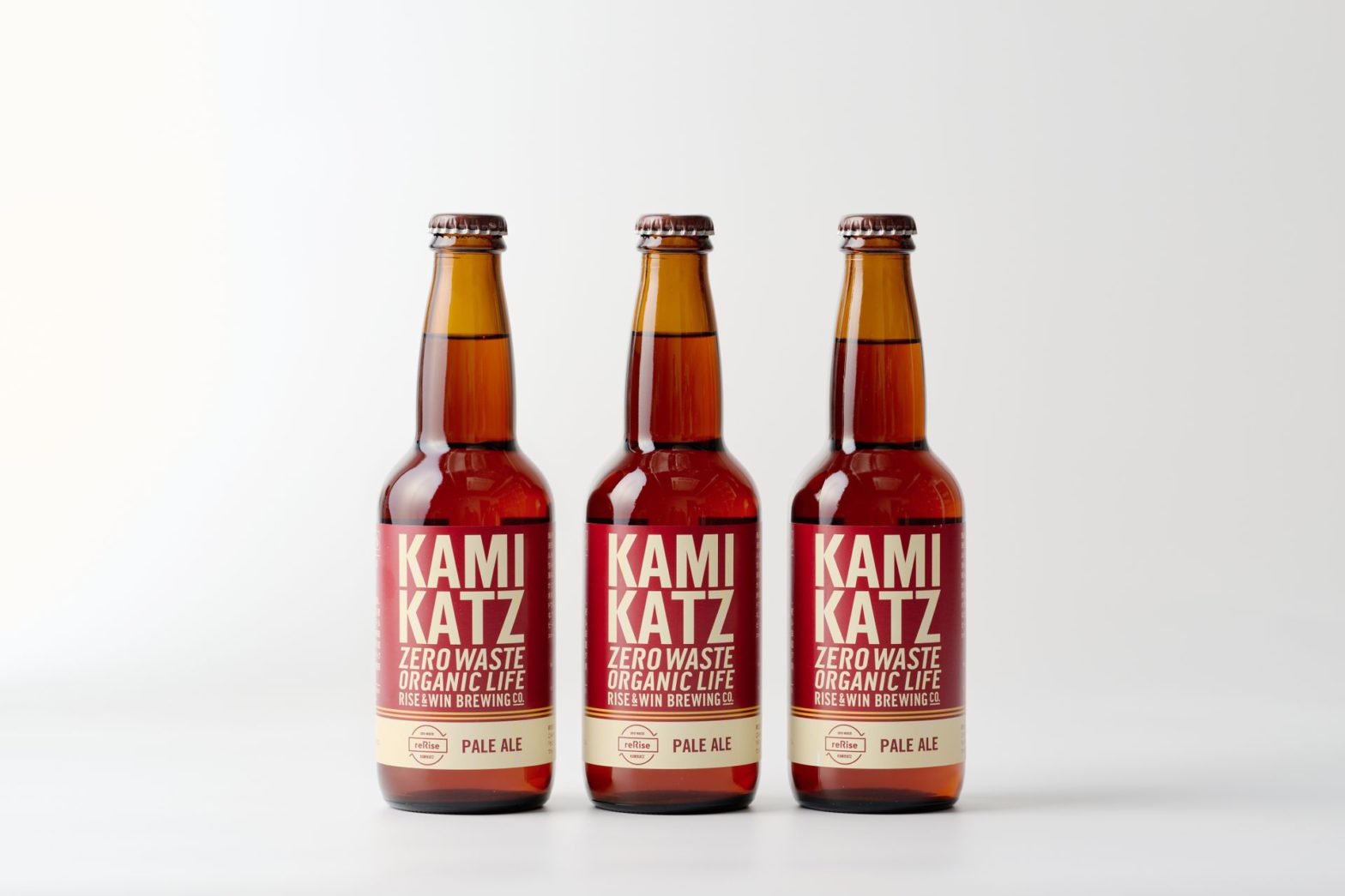
reRise, a resource recycling system
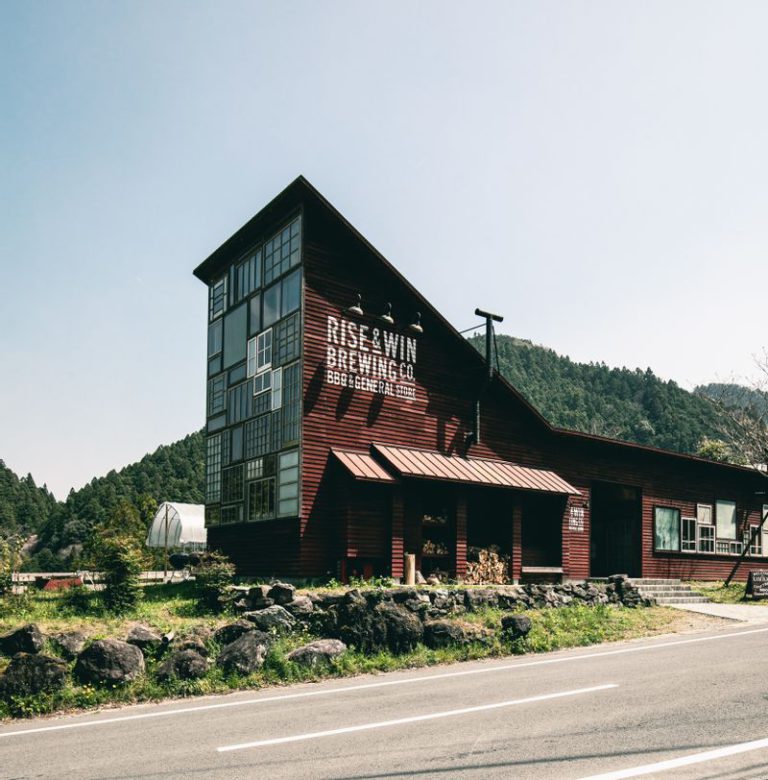
Kamikatsu-cho implemented a zero-waste policy in 2003 and has managed to achieve an impressive 81% recycling rate. This spirit is exemplified in all aspects of RISE & WIN Brewing Co.’s operations, including their brewing, lodging, and dining services.
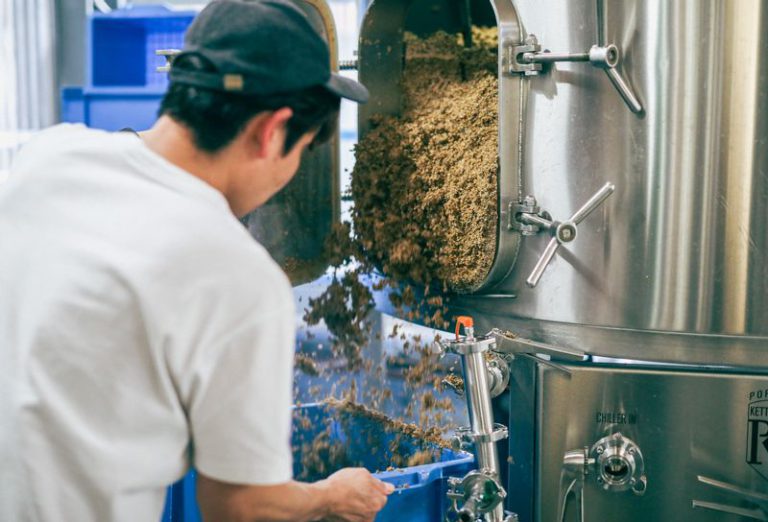
For the past two years, the company has been working on “reRise,” a resource recycling system that reuses malt lees produced during beer brewing for agricultural purposes. They practice recycling-oriented agriculture and have converted over 20 tons of malt lees into 100% liquid fertilizer. This fertilizer is used to grow barley for beer and other crops for the restaurant.
They are also committed to zero-waste beyond beer production as well. They purchase restaurant ingredients in bulk to reduce the amount of packaging used and serve smaller portions at BBQs for groups to reduce leftovers.
Aki Ikezoe, who manages the facility and leads the agricultural business, moved to Kamikatsu-cho from another area. She credits the support of locals for enabling her to continue farming.
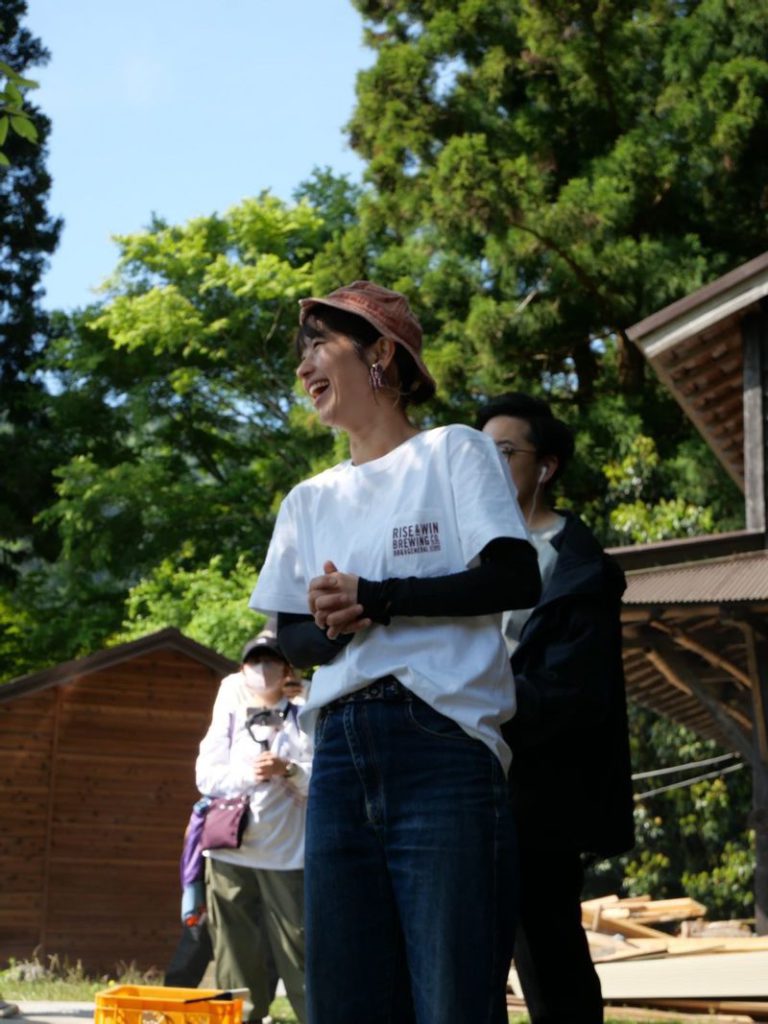
Aki explains, “In Kamikatsu-cho, there is a term called ‘temagai,’ referring to families cooperating to help each other, which is a practice that has been deeply rooted since ancient times. I took the plunge to move here because I thought I could balance work and parenting in a town with this spirit. In fact, our farm exists thanks to the support of the locals. For example, we have a wheat-growing mentor and a superman-like helper who keeps the fields watered. We hope to repay everyone for their kindness by making our town more vibrant.”
The most important thing is that it tastes delicious. The act of enjoying the beer helps someone.
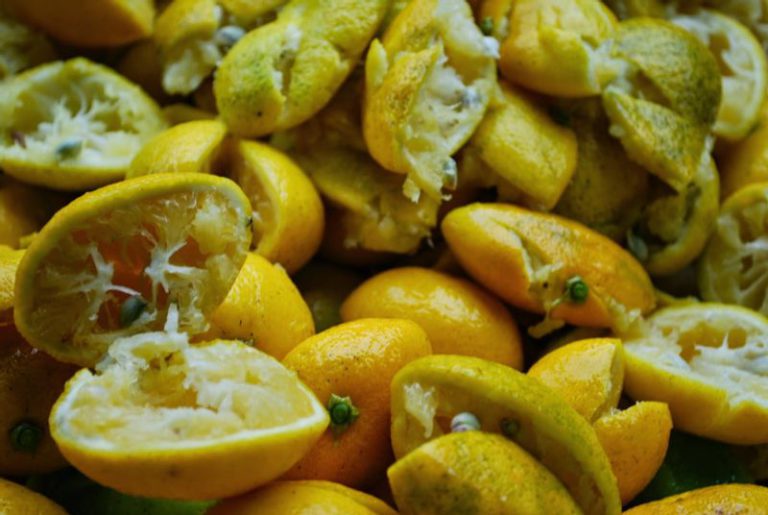
RISE & WIN Brewing Co. currently produces a range of more than 10 kinds of KAMIKATZ BEER. The range includes unique beers from ingredients that would otherwise be discarded, like the peel of the local specialty yuko citrus and off-spec Naruto kintoki. Additionally, there are collaboration beers that promote fair trade and SDGs and those that generate donations, with a certain percentage of the proceeds from these beers going to charitable causes. However, what they value above all else is making good beer.
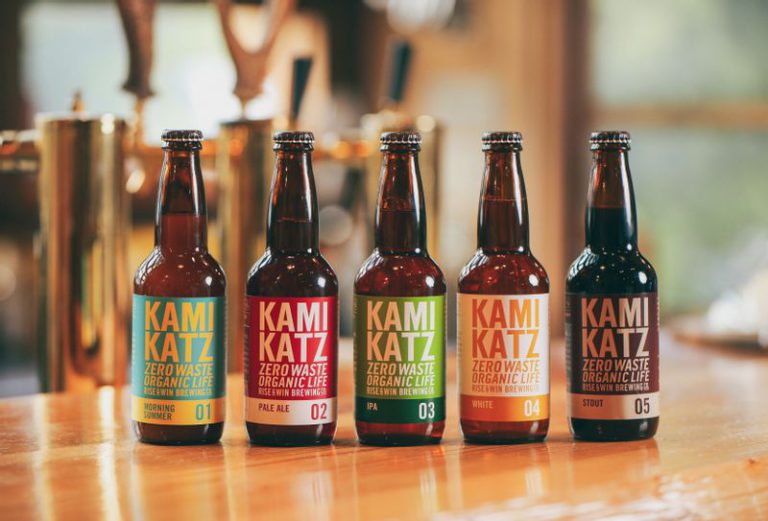
Aki says, “No matter how meaningful it is, if the beer doesn’t taste good, it won’t gain fans, and people won’t reach for it. So, taste is the first priority. The great thing about beer is that it can be inclusive. We can be helpful to someone by casually drinking it and saying, ‘Cheers!’ So, I’d like everyone to give it a try!”
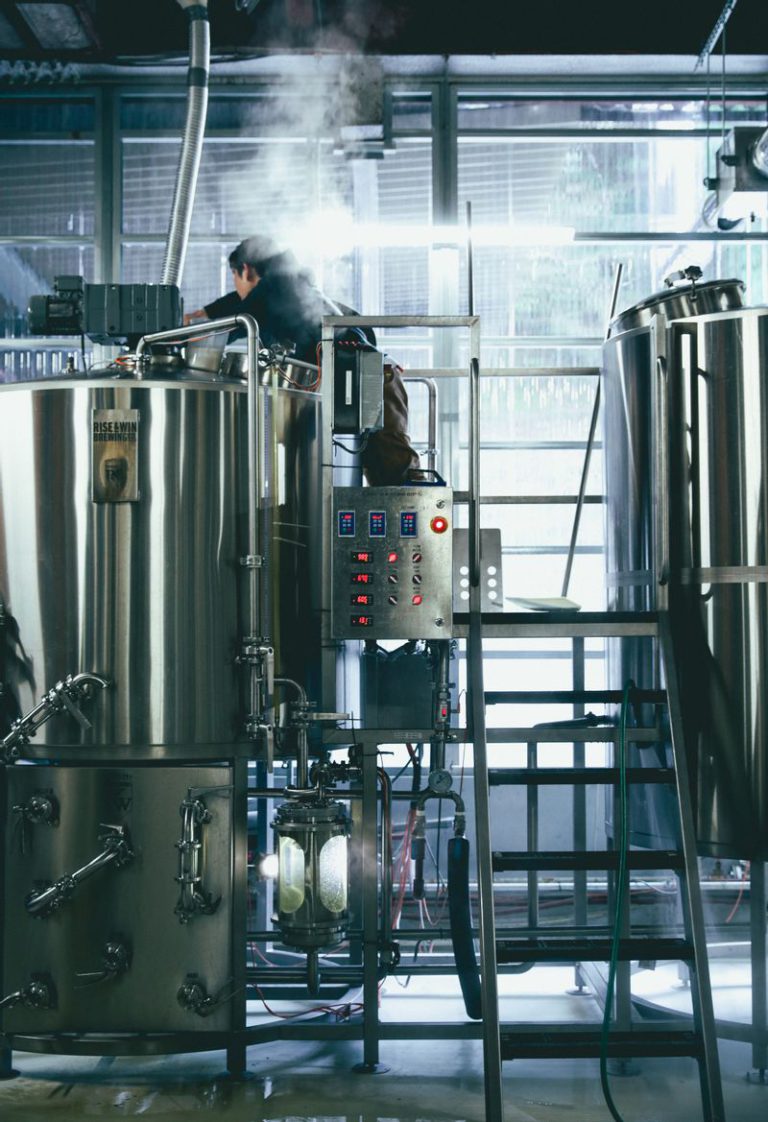
As a pioneer in the effort towards zero waste, KAMIKATZ BEER communicates its initiatives as society’s interest in this area grows.
Aki comments, “Going forward, we hope to serve as a model and also play a role in spreading the word about the system and our efforts. We often receive visits from companies interested in implementing zero-waste initiatives. We hope to continue to have fun and involve many people through beer!”
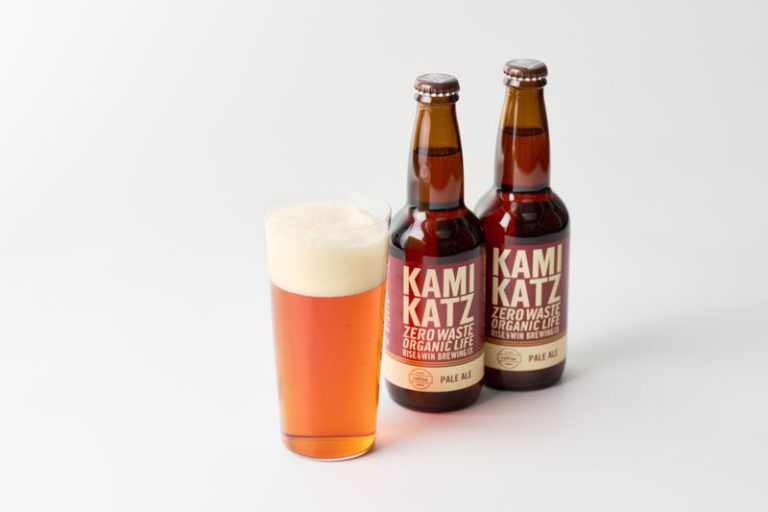
You can contribute to something just by enjoying it. Why not make a toast today with KAMIKATZ BEER?

